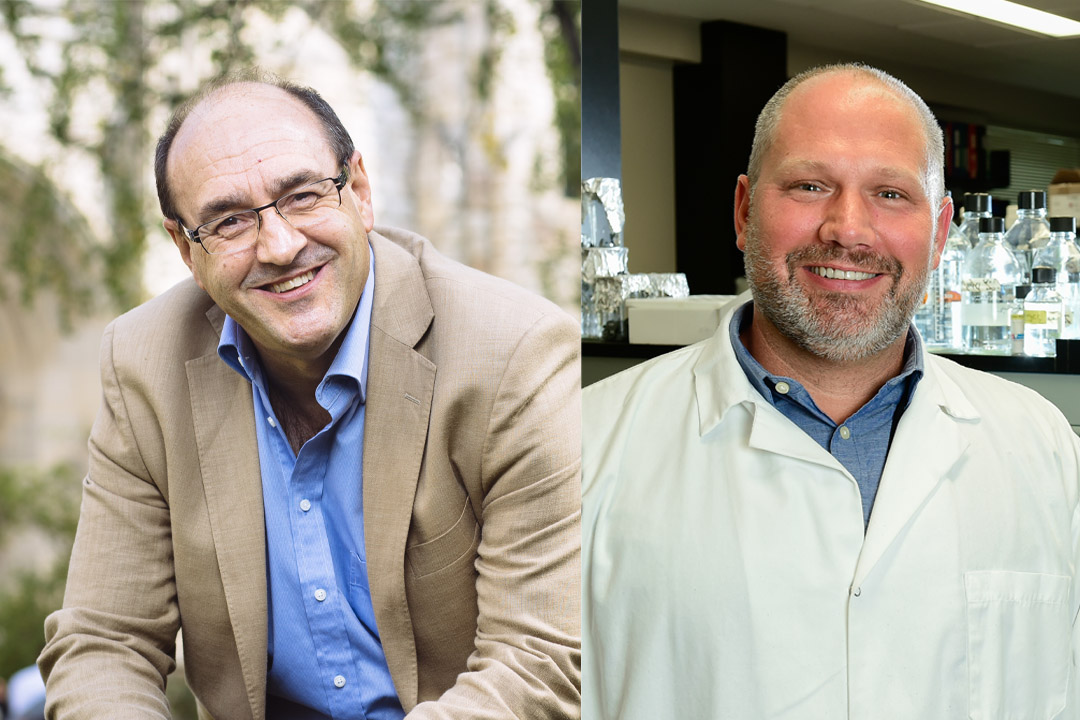
USask Colleges of Medicine, Arts and Science partner on revamped biomedical sciences degree
The University of Saskatchewan (USask) will begin offering a revamped biomedical sciences degree program (BMSC) starting in May 2021.
By SHANNON BOKLASCHUKMade possible through a partnership between the College of Arts and Science and the College of Medicine, the retooled BMSC program will provide cutting-edge, multi-disciplinary training that will position USask students for careers in the biomedical sciences and health professions, as well as for graduate studies and research.
“For the first time in USask history, the degree parchments for this program will include signatures from the deans of both the College of Medicine and the College of Arts and Science, symbolizing our co-operative approach in program delivery,” said Dr. Gordon DesBrisay (PhD), vice-dean academic in the College of Arts and Science. “This strong partnership exemplifies our institutional strategic plan to prioritize cross-college collaboration.”
Numerous changes have been made to improve and enhance USask’s undergraduate biomedical sciences program. For example, the previous five biomedical sciences departments were merged to form two new departments: anatomy, physiology and pharmacology (APP) and biochemistry, microbiology and immunology (BMI). With the mergers, three new majors were approved to replace the previous majors: biochemistry, microbiology and immunology; cellular, physiological and pharmacological sciences; and biomedical neurosciences.
As well, a new shared three-year major, called biomedical foundations, has been created to replace the three-year degrees of each of the former biomedical science majors.
The creation of a new interdisciplinary biomedical sciences (ID BMSC) major was also approved, with the aim of providing students greater flexibility in course offerings across the biomedical sciences while maintaining the same standard of academic rigour.
The ID BMSC major is designed for students whose interests span a wider range of biomedical sciences or for those seeking entry into professional colleges who may be better served by a greater breadth of science training, said Dr. Scott Napper (PhD), a professor in the College of Medicine’s Department of Biochemistry, Microbiology and Immunology and the interim associate director of research at VIDO-InterVac.
Napper noted the ID BMSC major will exist between the two biomedical science departments, serving to provide a functional bridge between those academic units.
Also approved is the creation of a new degree template to house the biomedical sciences programs. This allows the link between the five majors to be apparent and for the introduction of new admissions requirements.
“The changes to our biomedical science program have generated considerable enthusiasm among our faculty and students,” said Napper. “In addition to higher-quality training, the new program—coupled with USask’s unique infrastructure, such as VIDO-InterVac and the Canadian Light Source—will attract more highly qualified students from across Canada.”
The courses offered by the biomedical sciences departments will be managed by a newly created academic programs committee. While the committee will be housed in the College of Arts and Science, it will be comprised of equal representation from the College of Medicine, and the College of Arts and Science. This is another way in which the two colleges are signalling their ongoing commitment to collaborate in the offering of biomedical science programming at USask.

